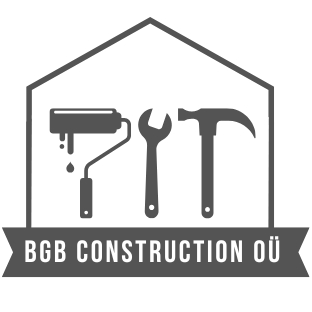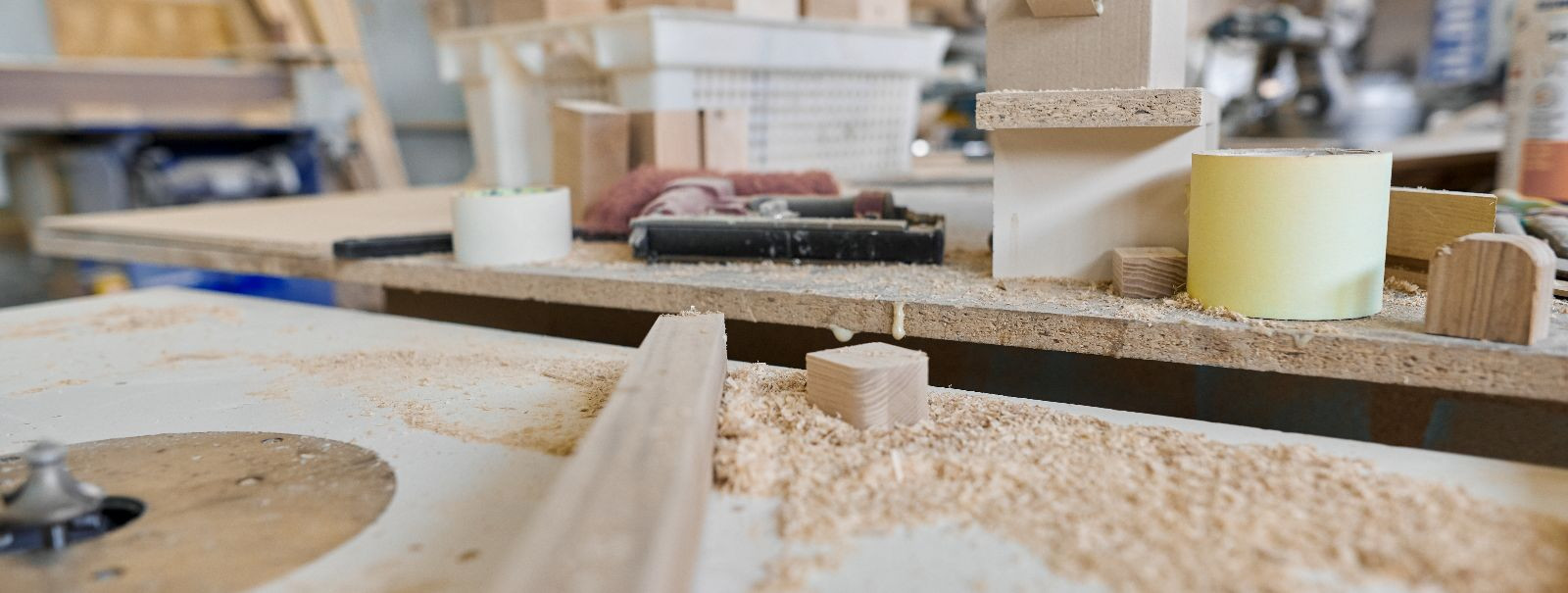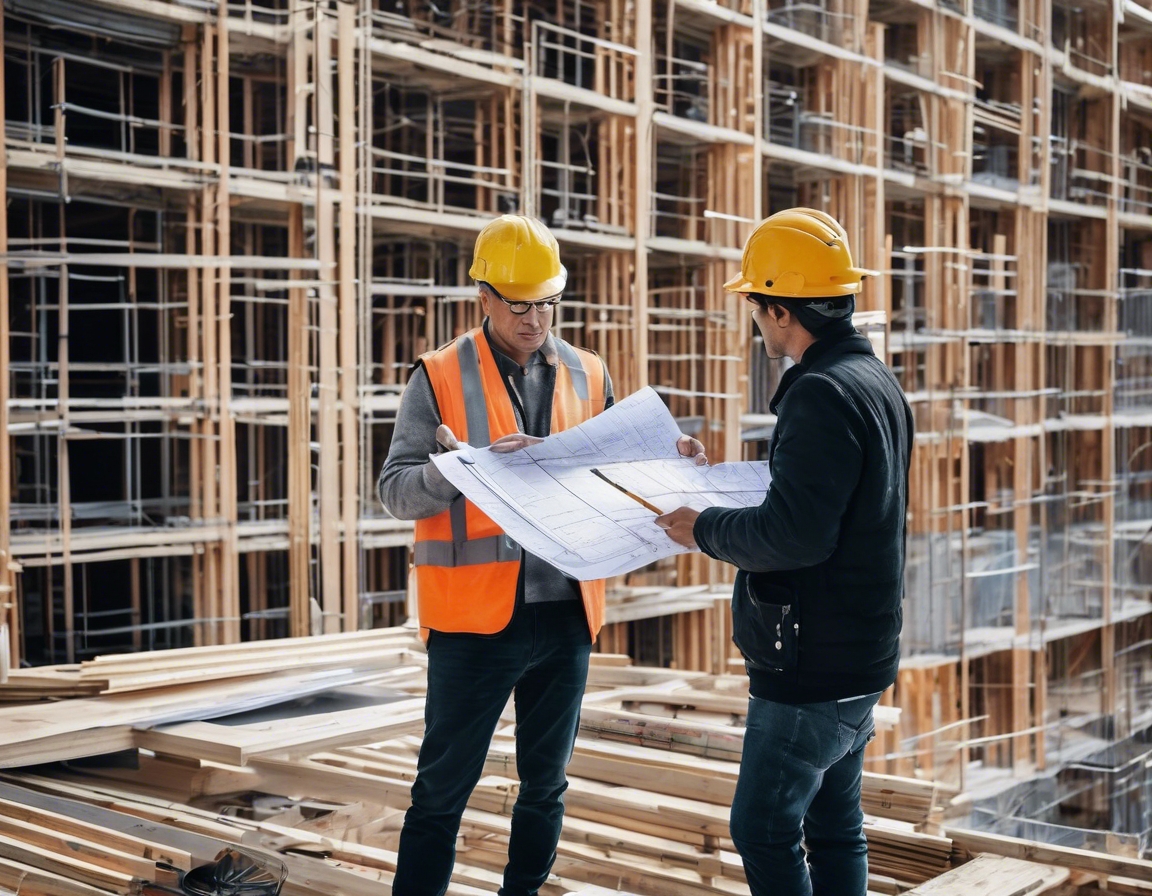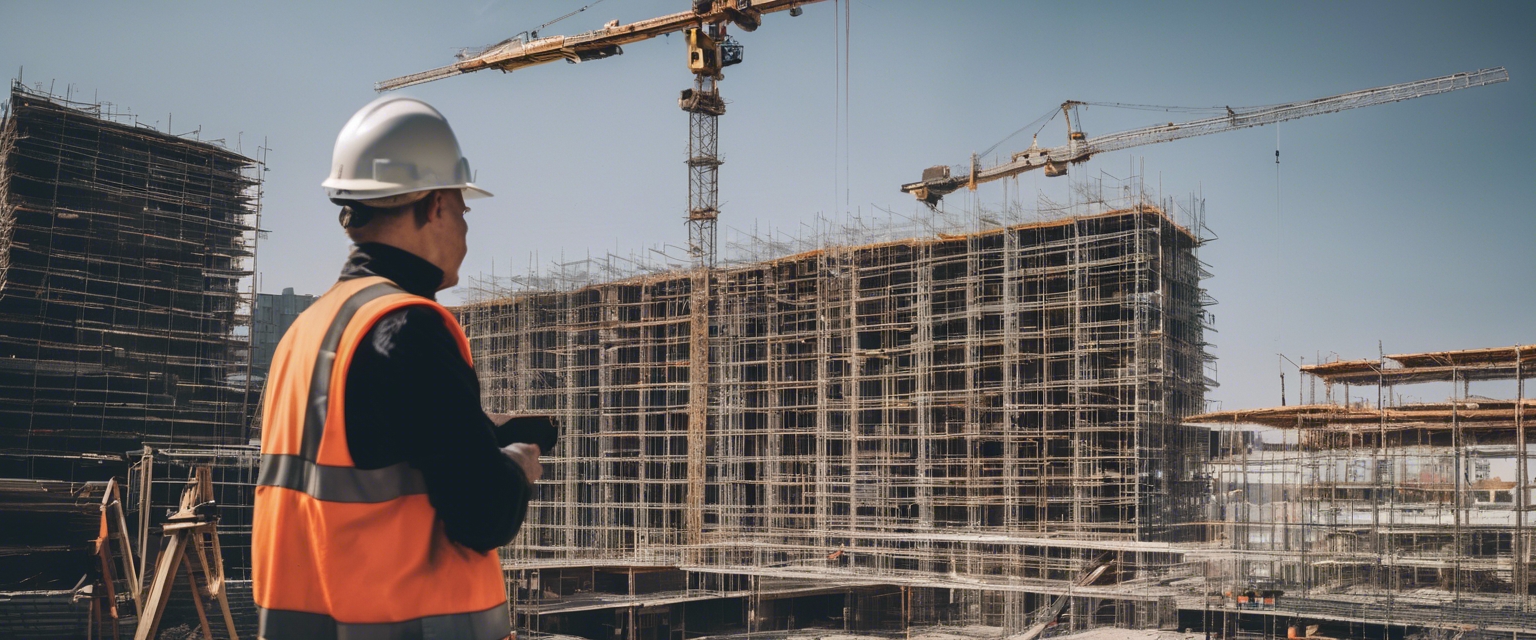How to choose the right construction partner
Before embarking on a construction project, it's crucial to clearly define what you want to achieve. Whether you're building a new home, renovating an office space, or expanding a commercial property, having a detailed plan will guide your search for the right construction partner. Consider the size, style, and specific features you desire.
Establishing a budget is a fundamental step in the construction process. It helps narrow down potential partners who can deliver within your financial constraints. Be sure to account for unexpected costs and allocate funds for contingencies.
Time is often a critical factor in construction projects. Determine your desired completion date and discuss it with potential partners to ensure they can meet your schedule. A realistic timeline will help avoid delays and ensure a smooth process.
2. Researching Potential Construction Partners
Verify the credentials of potential construction partners. Look for licenses, certifications, and memberships in professional organizations. Experience in similar projects is a strong indicator of capability and reliability.
Reviewing past projects and client testimonials provides insight into a construction partner's quality of work and customer satisfaction. Request references and visit completed projects if possible.
Effective communication is key to a successful partnership. Evaluate how promptly and clearly potential partners respond to your inquiries. This will reflect their commitment to customer service and project management.
3. Evaluating Quality and Craftsmanship
The durability and aesthetic appeal of your project depend significantly on the quality of materials used. Ensure your construction partner prioritizes high-quality materials that meet industry standards.
Examine the level of detail and precision in the partner's previous work. Quality craftsmanship is evident in the finishing touches and overall execution of a project.
Compliance with local building codes and regulations is non-negotiable. Your construction partner should be knowledgeable about these requirements and ensure all work adheres to them.
4. Understanding Project Management Capabilities
Effective project management involves coordinating various tasks and scheduling them efficiently. Assess how potential partners plan and manage their projects to ensure timely completion.
Construction projects often encounter unforeseen challenges. A reliable partner should have robust risk management strategies and problem-solving skills to address issues promptly.
Transparency in reporting progress and financials is crucial. Ensure your partner provides regular updates and detailed reports to keep you informed throughout the project.
5. Assessing Financial Stability and Insurance
A financially stable construction partner is less likely to face disruptions that could affect your project. Review their financial statements and credit history to assess stability.
Ensure your partner has adequate insurance coverage, including liability and workers' compensation. This protects you from potential liabilities during the construction process.
Review contractual terms carefully, focusing on payment schedules and conditions. A clear contract helps prevent misunderstandings and ensures both parties are aligned.
6. Building a Relationship with Your Construction Partner
Trust is the foundation of any successful partnership. Foster open communication and transparency to build a strong relationship with your construction partner.
Ensure your partner understands your vision and goals for the project. Alignment on these aspects will lead to a more cohesive and satisfactory outcome.
Consider the long-term relationship with your construction partner. They should offer support and maintenance services post-completion to address any future needs or issues.






Comments (0)